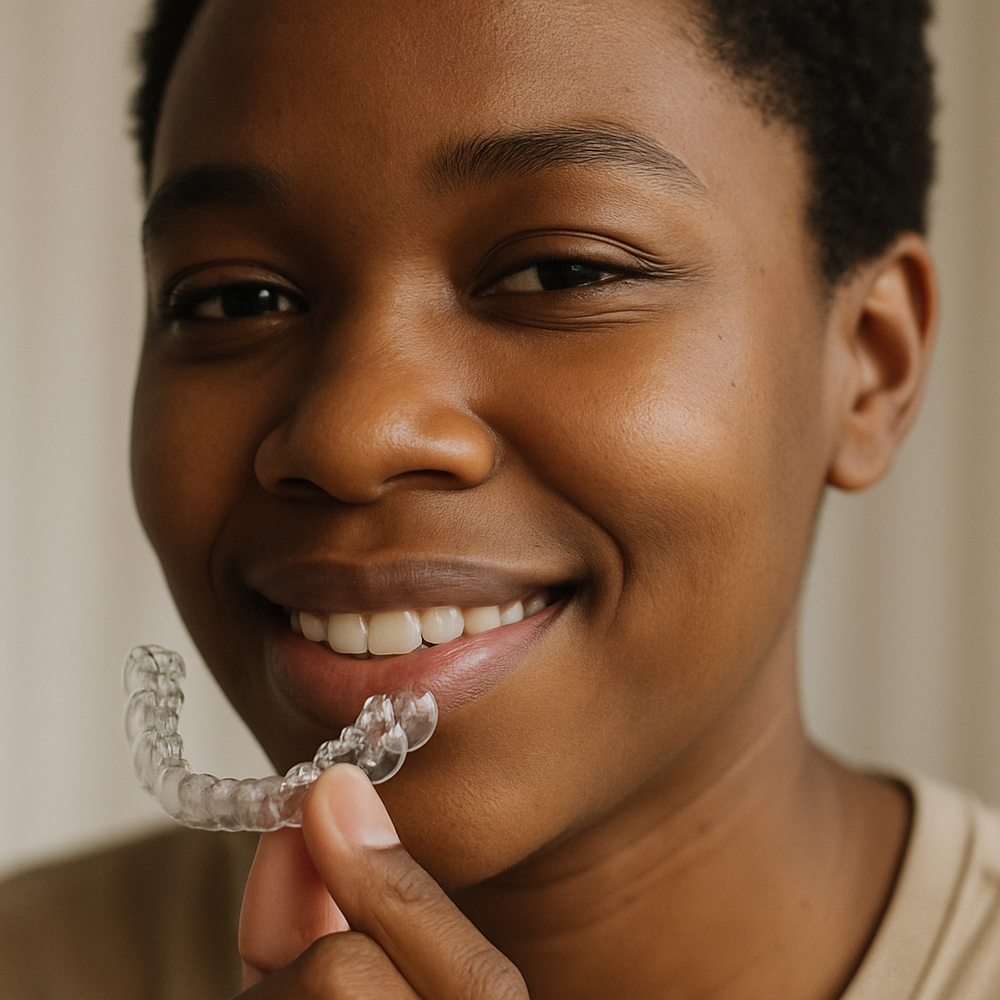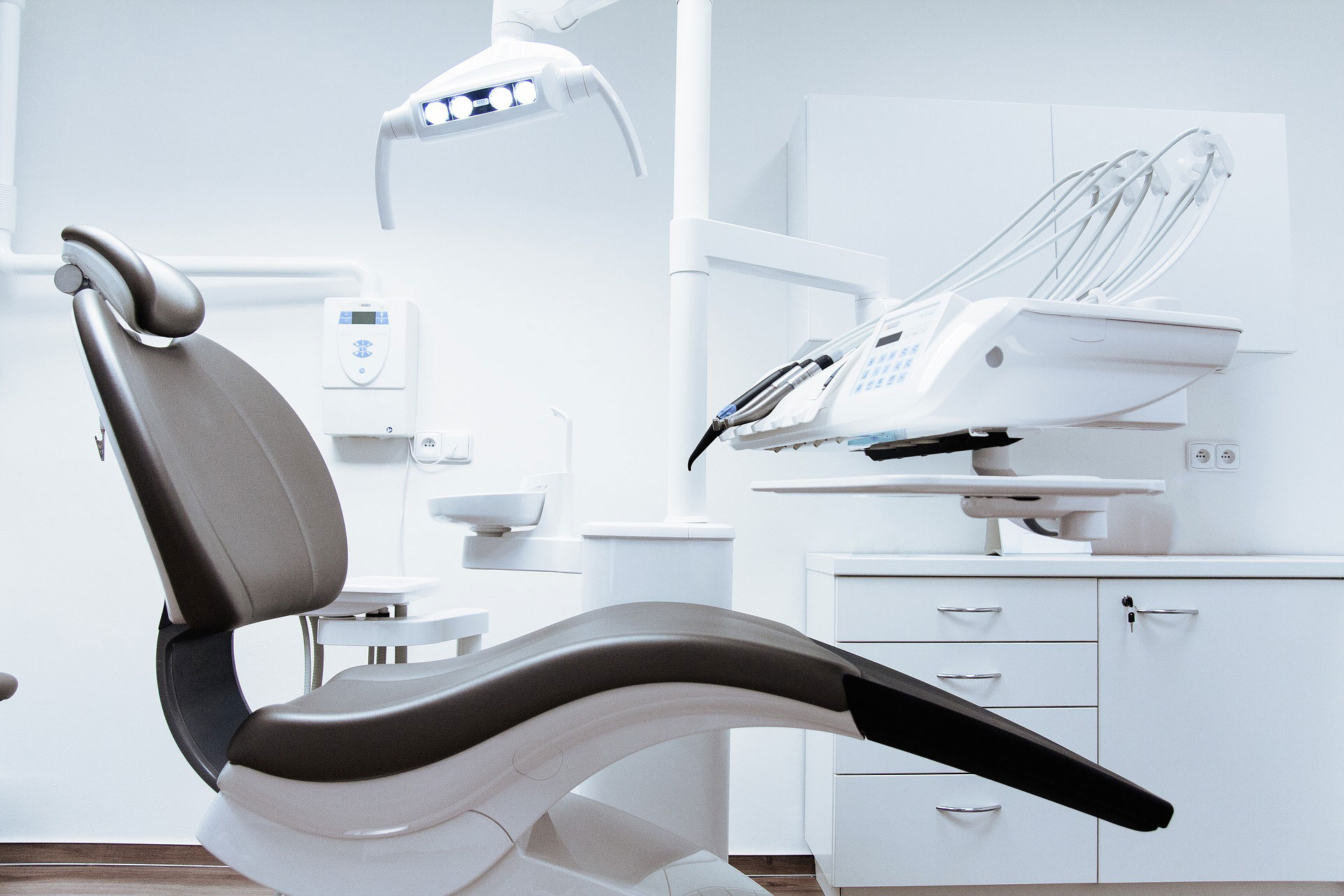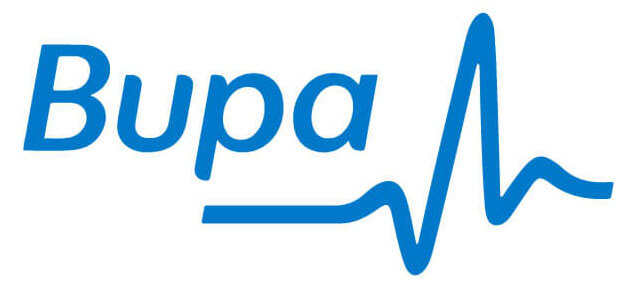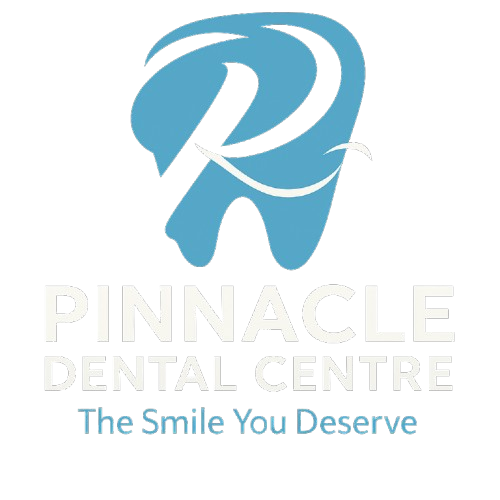
Emergency Cases
If you are experiencing a dental emergency such as a severe toothache, broken tooth, or swelling, please don't wait. Call Us Immediately.
Opening Hours

Transform YourSmile Journey
Discover the modern way to straighten your teeth with Invisalign aligners. Designed for comfort, convenience, and confidence.

Scan the QR code to see your before and after invisalign results.
Virtually Invisible
Clear aligners that people won't notice
Comfortable Fit
Smooth, BPA-free plastic with no irritation
Fast Results
See changes in as little as 18 months

Dental Care for you and your family.
Pinnacle Dental Centre is a state of art modern dental facility, providing high quality and affordable dental care services. We are located at Sarit Centre Westlands, second floor.
We prioritize your comfort and satisfaction, providing personalized care in a friendly and welcoming environment. Trust us to transform your dental experience and leave you with a healthy and radiant smile.
Achievements
At Pinnacle Dental, we believe that every smile tells a story. With over a decade of dedicated service, we've built a reputation for excellence, compassion, and innovation in dental care.
0
Years of Experience
0+
Qualified Dentist
0+
Happy Smiling Customer
0
Patients Per Year
Our Services
Feel amazing about your oral health
Our team of experienced dentists is dedicated to providing top-notch dental care to help you achieve and maintain a healthy, beautiful smile.

Invisalign
A modern alternative to braces, Invisalign uses clear, removable aligners to gradually straighten teeth.

Root Canal
A root canal treats infected or inflamed tooth pulp, relieving pain and saving the natural tooth.

Dental Implants
Implants are permanent replacements for missing teeth, using a titanium post inserted into the jawbone.

Dental Crowns
Crowns are custom caps placed over damaged or decayed teeth to restore their shape, strength, and appearance.

Dental Veneers
Far far away, behind the word mountains, far from the countries Vokalia and Consonantia, there live the blind texts.
What Our Patients Say Pinnacle Dental

Adriana Muthoni
Parent
I could not believe how smooth my children got their teeth fixed...
"
Fay Fay
Patient
My braces journey has been great! It's going very fast and well...
"
Jane Sandra
Parent
My kids had a smooth experience during their visit...
"
Juliana Atemi
Client
Over here you get the royal treatment! I was handled with so much care...
"
J.Wangechi
Patient
100% recommend. I went in for cleaning and whitening and the process was painless...
"
Milky Saga
Client
Pinnacle Dental Center scores a 5 star for me. Anytime, any place...
"Trusted By
We collaborate with industry leaders to provide the best solutions for our clients.
















Subscribe to our Newsletter
Far far away, behind the word mountains, far from the countries Vokalia and Consonantia, there live the blind texts. Separated they live in
Contact Us
Trust us to transform your dental experience and leave you with a healthy and radiant smile.
Sarit Centre, Nairobi
